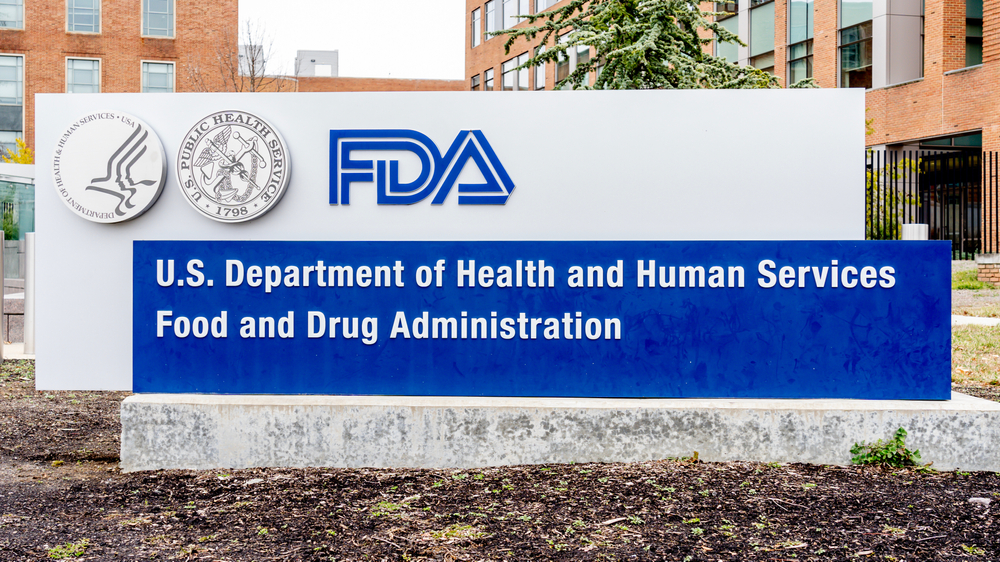A second hearing by the Subcommittee on Health Care and Financial Services was held in Washington D.C. on May 11, 2023. Dr. Susan Mayne, Director of the Center for Food Safety and Applied Nutrition was questioned by members of the Subcommittee on how the FDA reacted to baby formula contamination claims. The lack of intervention by the FDA has been heavily criticized and the Subcommittee on Health Care and Financial Services has held two hearings to determine what went wrong.
In October 2021, a whistleblower from Abbott labs sent a report to the FDA. The 34-page report included information about a Cronobacter sakazakii bacteria outbreak in Abbott’s Nutrition powdered infant formula plant in Sturgis, Michigan. The FDA did not respond to the claim and Dr. Mayne admitted the report was never sent to upper management. According to Dr. Mayne, “there was no process within FDA to escalate this particular whistleblower complaint. The FDA receives a large number of whistleblower complaints, so it was a failure of escalation. I do wish I had been made aware of this particular whistleblower complaint.”
Four months later, in February 2022, the FDA sent investigators to the same Abbott plant to test samples after four infants became sick which resulted in two deaths. Samples collected at the plant confirmed that Cronobacter bacteria was present in the facility. At that time, Abbott closed the facility and announced a voluntary recall of Similac, Alimentum and Elecare baby formula.
A voluntary baby formula recall, the Abbott plant closure for one of the largest manufacturers of formula and ongoing supply chain issues caused by COVID would create the perfect storm for a product shortage. Baby formula supplies began to dwindle nationwide, and nobody could predict that by May of 2022, the out-of-stock rate for infant formula would hit 74 percent.
According to participants in the hearing, the Biden administration was made aware of the baby formula shortage in February. However, no action was taken at that time because information was limited, and they were focused on the war in Ukraine. Critical information was ignored by the FDA, but this baby formula crisis has also shown what data around supply chains need to be monitored so shortages do not happen going forward.
With grocery stores shelves empty and consumers unable to purchase baby formula, the Biden administration invoked the Defense Production Act in May of 2022 to speed up domestic production of infant formula and put in place the ability to import millions of bottles of baby formula from other countries. These measures did not help immediately, and the nationwide shortage continued through the summer of 2022.
Dr. Mayne acknowledged in the hearing that mistakes were made which led to the baby formula shortage. The FDA also released a report outlining what needs to change so that future baby formula shortages do not occur. The problems highlighted in the report include out-dated data sharing systems and low staff levels among food inspectors.
No specific FDA leaders or staff were called out in the report, but the FDA and the subcommittee plan to make recommendations to Congress. Recommendations include:
- The FDA being able to require companies to provide samples and records on manufacturing supply chains, quality and safety. Right now, providing samples is voluntary.
- The agency would also like better regulations. There have been two infant formula recalls already in 2023, and in neither case was the manufacturer required to notify the FDA that it had found contamination before the formula left the plant.
- The FDA plans to restructure its food division to be more responsive and to create an office of critical foods.
- The FDA is also hiring specialized infant formula inspection staff.










